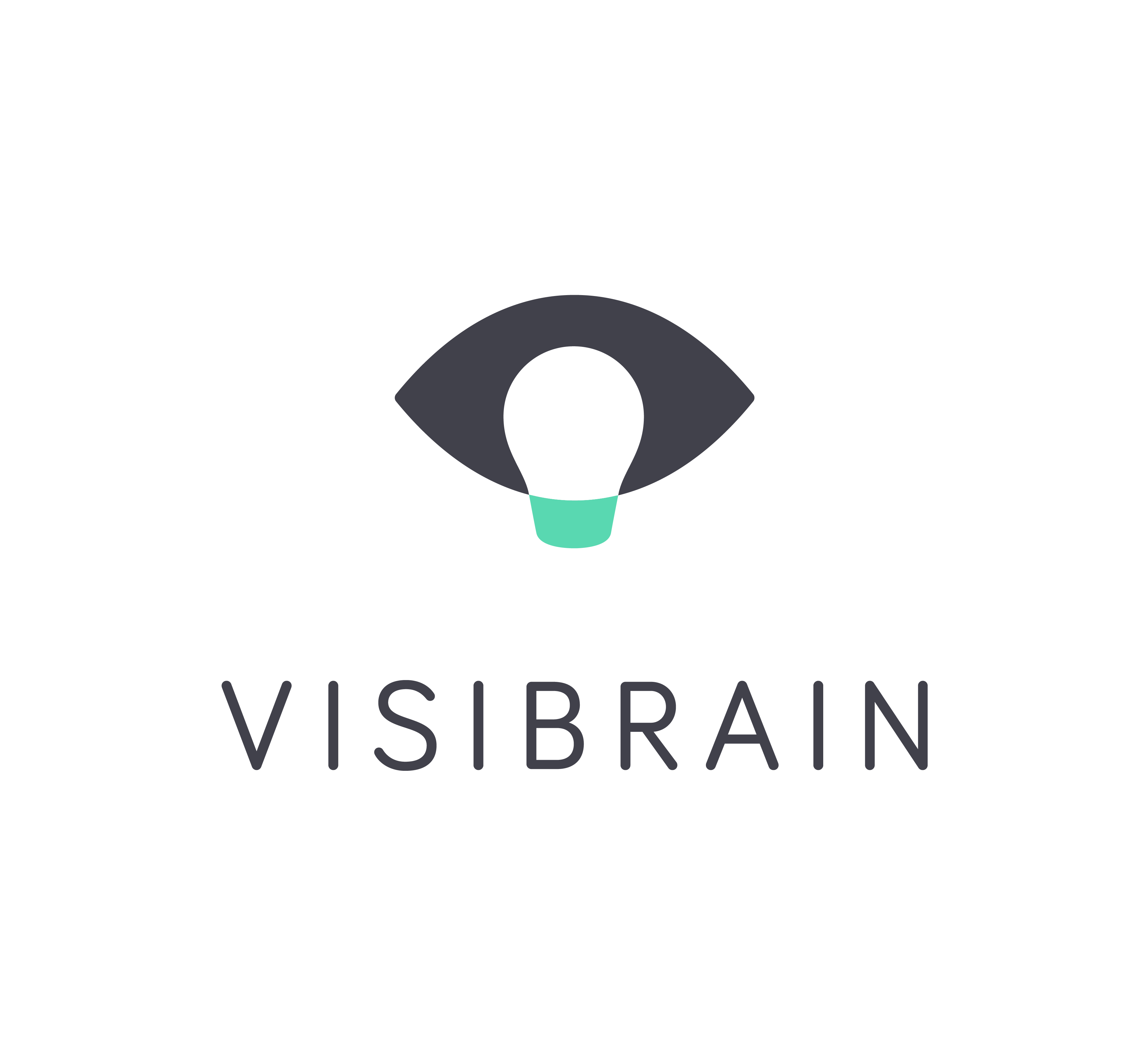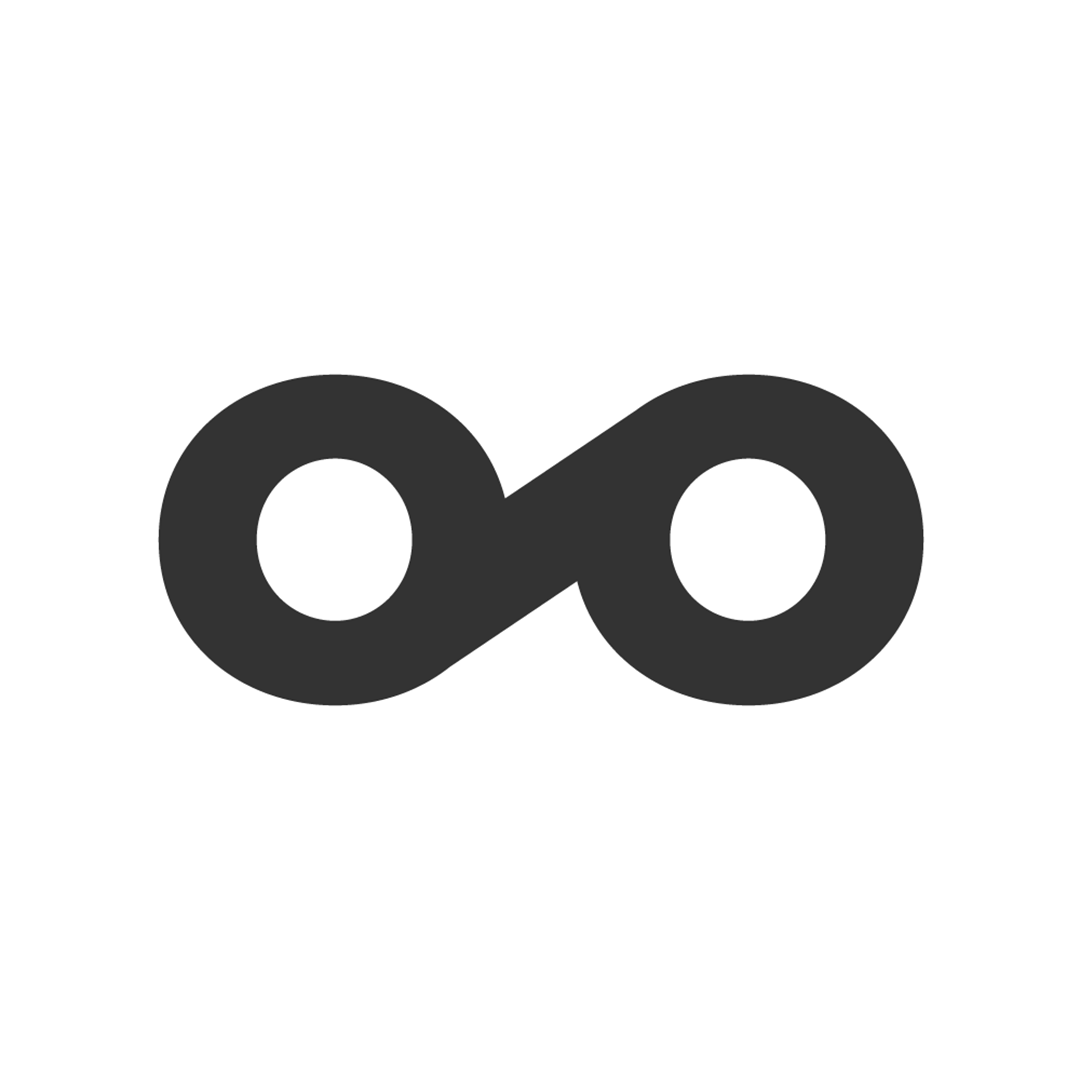Over the past 12 months, I've been working with our team at Digital Influence Group to create an innovative employee social training and enabling product called, Spark. It's been a complete mindshift for me as my typical responsibilities have been to partner with clients to develop exceptional in market digital programs with social media at the core. It was this hyper focus on client needs that led me to develop this innovative product offering that is currently being utilized by two of the largest brands in the world.
There is growing talk about the needs of the next generation of advertising and marketing agencies to be product developers and I couldn't agree more. As good agency partners, we live and breathe your brand. We absorb as much knowledge as we can and often, we see gaps and opportunities from a completely different perspective. Over time, we have the ability to identify business needs as a result of trends we see across our relationships. With the right support, agencies have the ability to drive change and create new channels, tools and approaches that can dramatically impact success for clients.
However, generating the idea and uncovering the opportunity is certainly the only "easy" part of this change in offering. As Edward Boches put it in his recent blog post:
"Our companies are filled with talented, creative, idea generating people. But most of us can only think like service companies." He goes on to say, "You need to be faster, more agile and comfortable with prototyping."
Edward couldn't be more correct. Developing a product within the agency walls comes with a whole set of new challenges, but the rewards can be substantial. Whether these products establish a new revenue stream for the agency or simply elevate thought leadership, the practice of product development increases the capability of the agency as well as providing a deeper understanding and connection with clients.
From my experience, creating a shift in the agency mindset to more of a product development model has been daunting and inspiring.
What's Daunting?
- Obtaining the right resources to develop a product. The mind shift to create innovative products wasn't only for me. Our team of developers, designers, writers and media folks all had to shift their thinking to accommodate a new model. This can be exceptionally challenging since these folks also must service clients in the traditional model. It's not easy to dramatically adjust your focus multiple times a day.
What's Inspiring?
- The enthusiasm of those same team members who embraced the adjustments wholeheartedly. It was something different, something they could believe in and something they wanted to use.
What's Daunting?
- The time it takes to conceptualize, create, develop and mature a product can be far longer than anticipated. While being agile and nimble helps, there are many more things to consider than what's normally expected of an agency. What's the pricing model? How does it scale? Functional enhancements and releases? Customer Support?
What's Inspiring?
- Imagining the possibilities. When developing an innovate product, the team has the freedom to go in any direction. There are no limits or boundaries in what can be done. In some agencies, this mindset is lost. The focus is solely on what is possible, not what could be possible with the right vision and planning. Engaging in product development helps bring back the big thinking.
What's Daunting?
- Even with all of the experience in the world and confirmation from clients and analysts that your innovative product is exactly what the market needs, there is no guarantee for success. The risk can be overwhelming at times, but even if it's not perfect the first time - iterate, iterate, iterate.
What's Inspiring?
- Seeing success almost immediately. We designed our product to help people first and by helping people, we helped the companies they work for. Watching employee bloggers increase their readership by 500% in 90 days, get their content picked up by traditional press and effectively acquire customers through their social media participation makes it all worth while.
As the saying goes, if you want big rewards, you've got to take big risks. Sometimes they pay off and sometimes they don't, but it would be unwise not to try, not to support and not to foster an environment that encourages these ideas and prototyping. You'd be amazed at what it can do for the agency and for the people.






